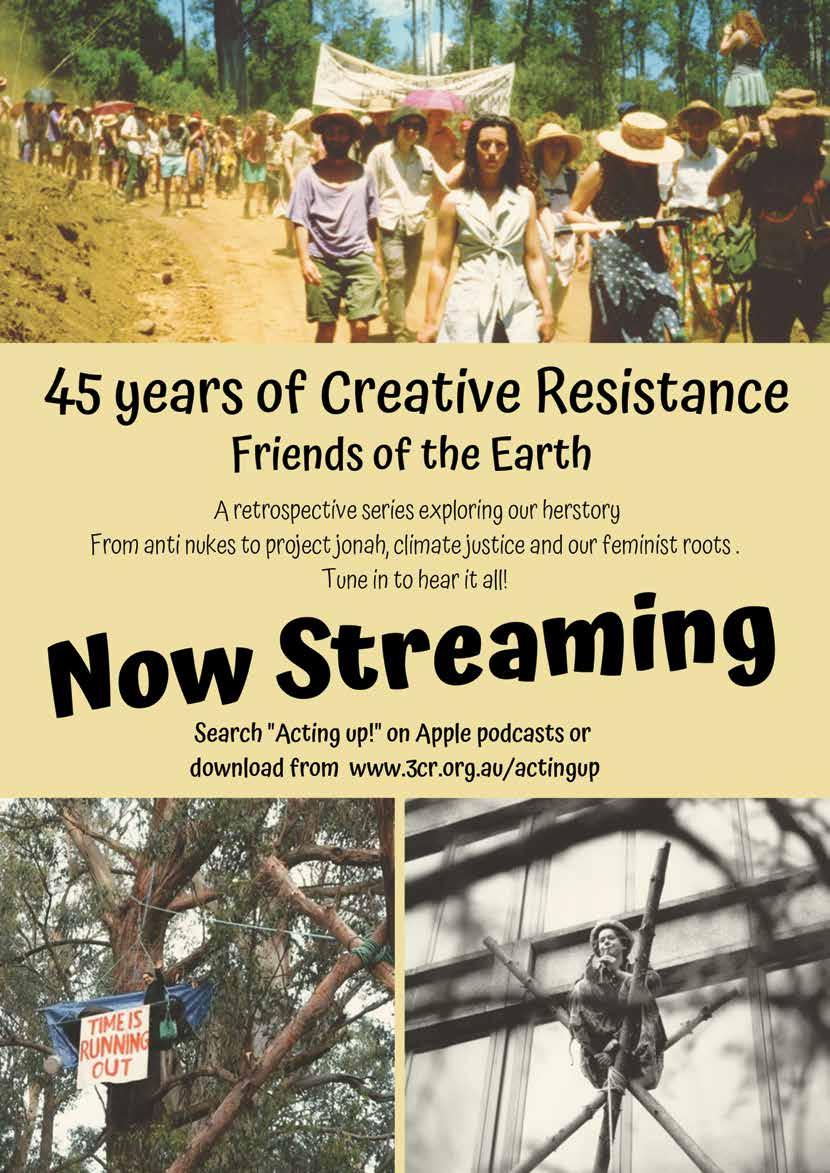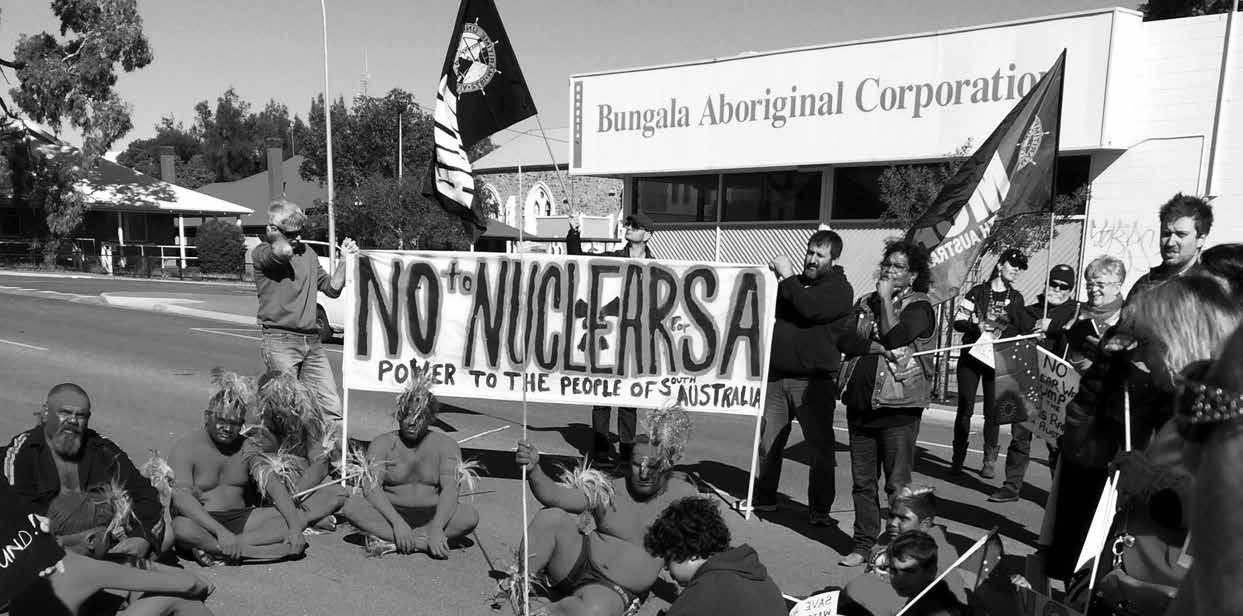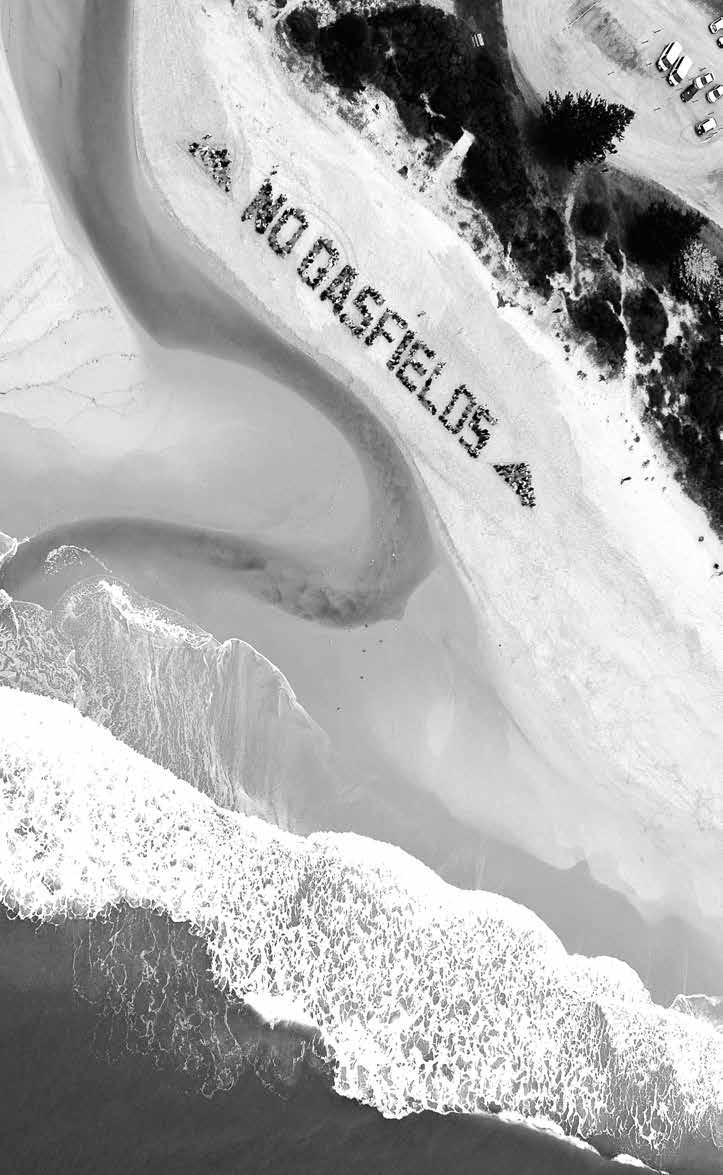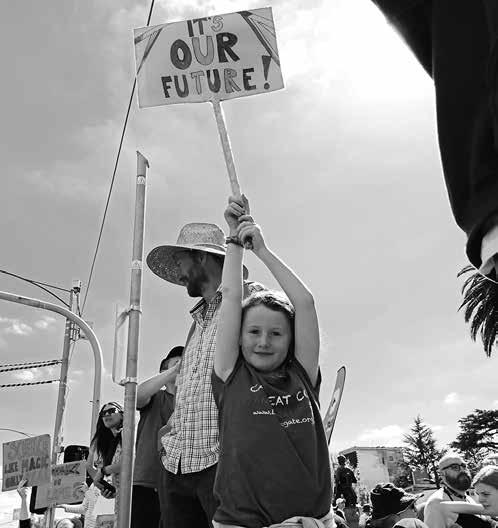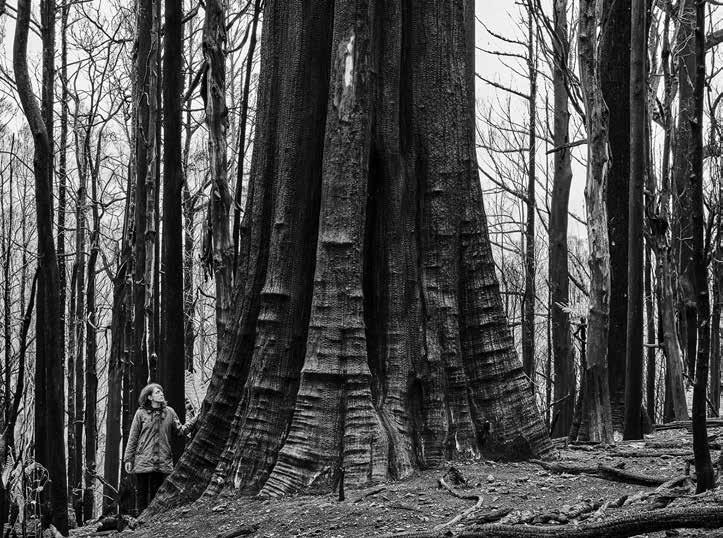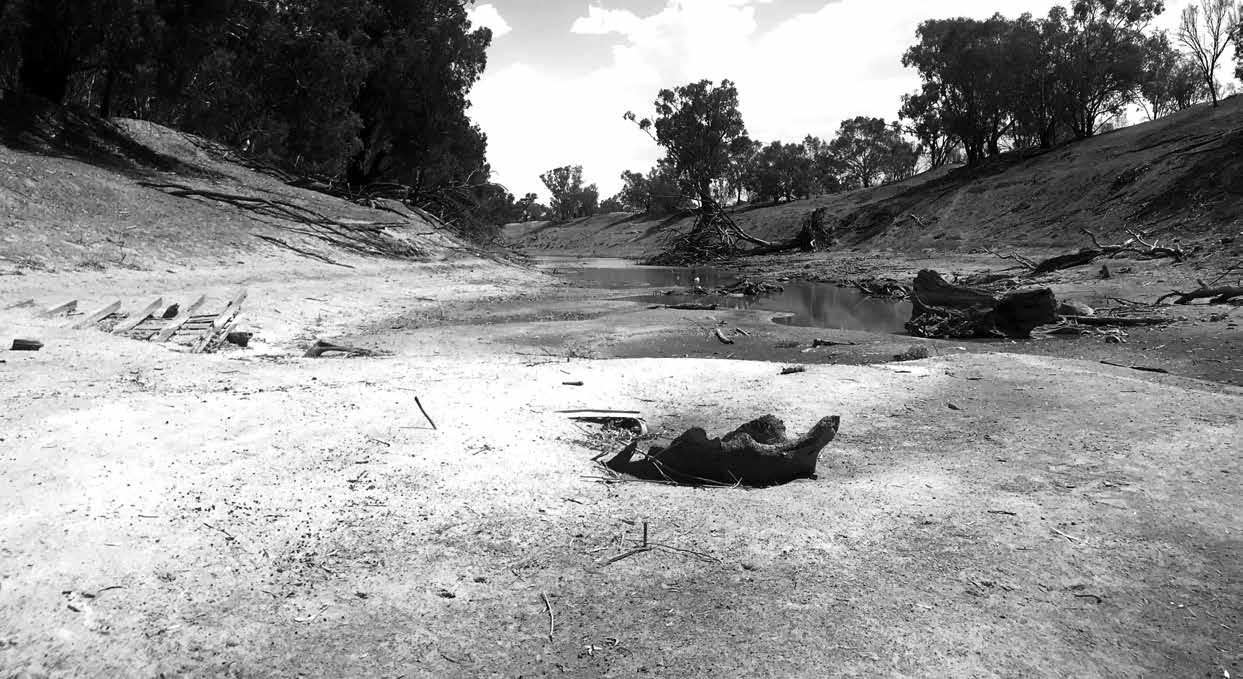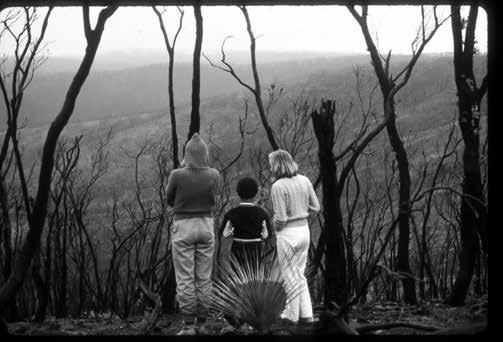Open Letter: Fund Aboriginal Responses to COVID-19 Friends of the Earth Australia is one of the many signatories to the following statement. www.firstnations-covid19-letter.org
Dear Prime Minister Scott Morrison, Hon Ken Wyatt AM MP and the National Cabinet, Aboriginal communities are at high risk of the coronavirus crisis. Right across the country, it is Aboriginal community leaders, councils and organisations that are the first responders to this crisis for their communities. They know what solutions are needed and are informing governments across the country on how to best respond to the needs of one of the most at-risk populations to coronavirus. To date, we are aware that many of their calls for critical support continue to go unanswered. The Government must work with First Nations people, respond to the requests of communitycontrolled organisations on the ground and immediately release critical resourcing needed to keep people safe. In Australia, Indigenous people carry a disease burden over 2.3 times the non-Indigenous population, high rates of chronic disease not only put First Nations people more at risk of dying from coronavirus but it is a significant contributing factor for the difference in life expectancy that sees Aboriginal and Torres Strait Islander people die earlier. There are now 17 confirmed cases in the Kimberley including health workers, and the rate of infection is almost double the national rates. This is extremely concerning for a region where over half the population is Aboriginal – an outbreak here would be devastating. From the APY Lands to Yarrabah and Alice Springs, regions are calling for special isolation areas and quarantine accommodations for Elders, chronically ill, and people stranded in major towns to avoid catastrophic impacts of a community outbreak. These calls continue to grow louder right across the country. Aboriginal controlled organisations, leaders and communities are doing everything they can to keep people safe but shops are running out of food, there aren’t enough tests or health professionals, services are underfunded and isolating people in already overcrowded housing is near impossible. It is a national responsibility to urgently respond to the calls from community organisations.
22
Chain Reaction #138
May 2020
The high rates of chronic illness and disease in Aboriginal and Torres Strait Islander communities only tell half the story. Some of the most influential determinants of health are access to adequate healthcare and housing, and these have been chronically underfunded. Successive Australian governments have failed to meet national targets that would save lives, and have left Aboriginal and Torres Strait Islander people extremely vulnerable to the coronavirus crisis. The fear of losing a generation of Elders presents a significant and unique threat to First Nations communities – Elders don’t retire, they are not only beloved family but also hold culture, language and entire communities together. The calls from Aboriginal organisations can no longer be ignored - they are the experts and the Federal Government must immediately release critical resourcing and work with communities to implement solutions. On behalf of our millions of members, we urge you meet these requests from Aboriginal organisations, including: 1. I mmediate release of emergency funding from the Federal Government to ensure communities and remote health services are well resourced before a potential outbreak – this includes staff, medical equipment, tests and PPE. 2. I solation and quarantine accommodation. Elders, people who are chronically ill who are the most at-risk need to be isolated from community outbreaks. High-risk community members who are stranded outside of communities in regional areas must be able to adequately quarantine in order to return home. 3. Clear in-language information about the virus. Translation of public health messages is important and slow work and lead organisations are working hard. The National cabinet needs to better inform all levels of community leadership. Police must also work with leaders and organisations and not rush in to enforce curfews and social distancing that haven’t been communicated first. 4. I mmediate supply of food and essential needs. Supplies have been severely impacted by east coast panic buying, shelves are empty and now price gouging is also affecting communities - people are travelling into stores outside of lockdown areas putting themselves at great risk to secure essential needs. 5. Prevent black deaths in custody. The mass incarceration of Aboriginal people compounded with vulnerability to coronavirus leads to a high risk of black deaths in custody. We call on the government to urgently release people on remand, people sentenced to six months or less, and those eligible for early release, prioritising those most at risk. Police need to use diversion and communications rather than arresting people and using heavy-handed fines. 6. F ully funding community services. Healthcare and housing are two of the most important determinants of health, and successive governments have chronically underfunded these services, leaving Aboriginal and Torres Strait Islander people extremely vulnerable to this virus. This crisis requires full funding of all community services.


